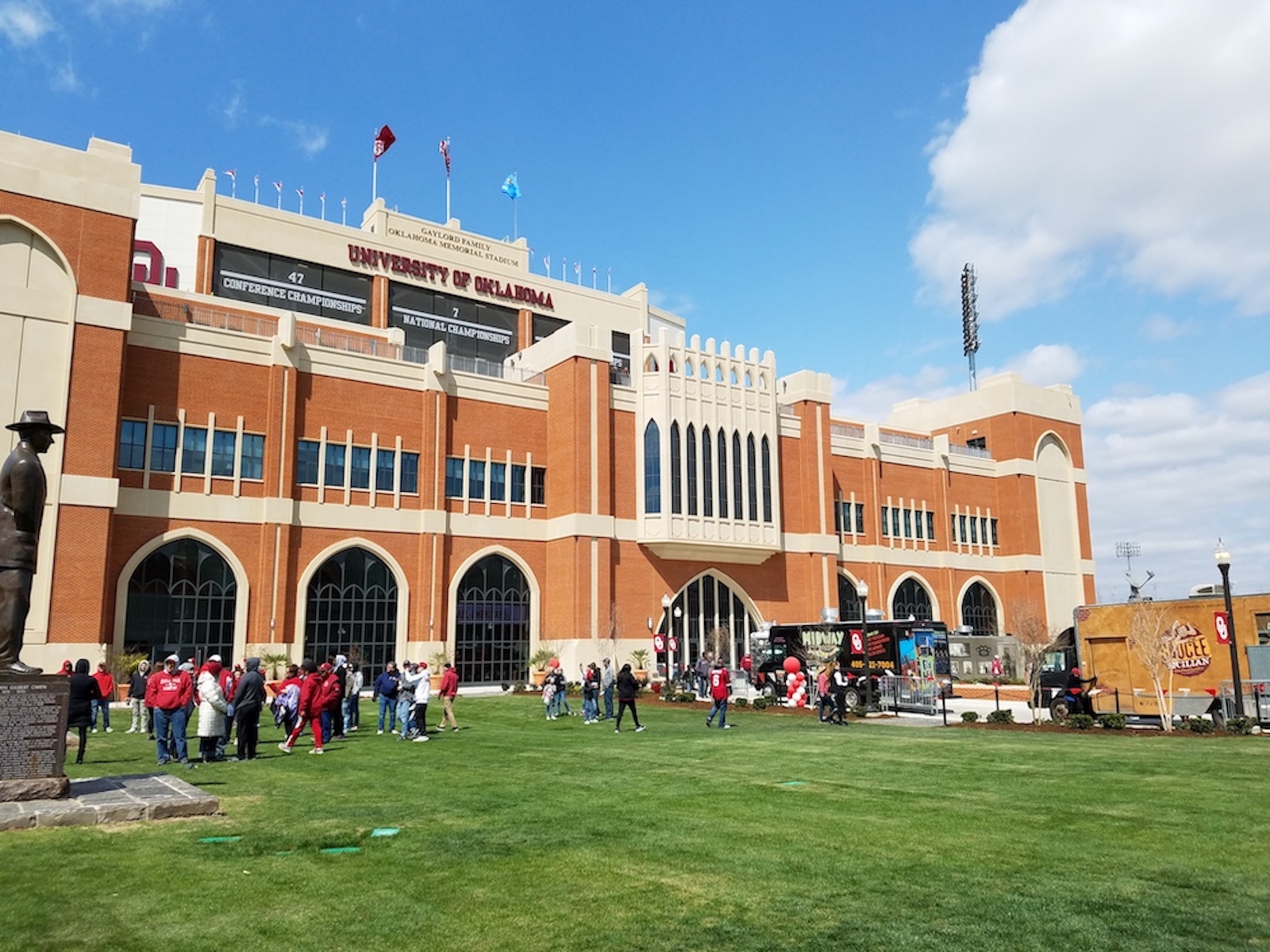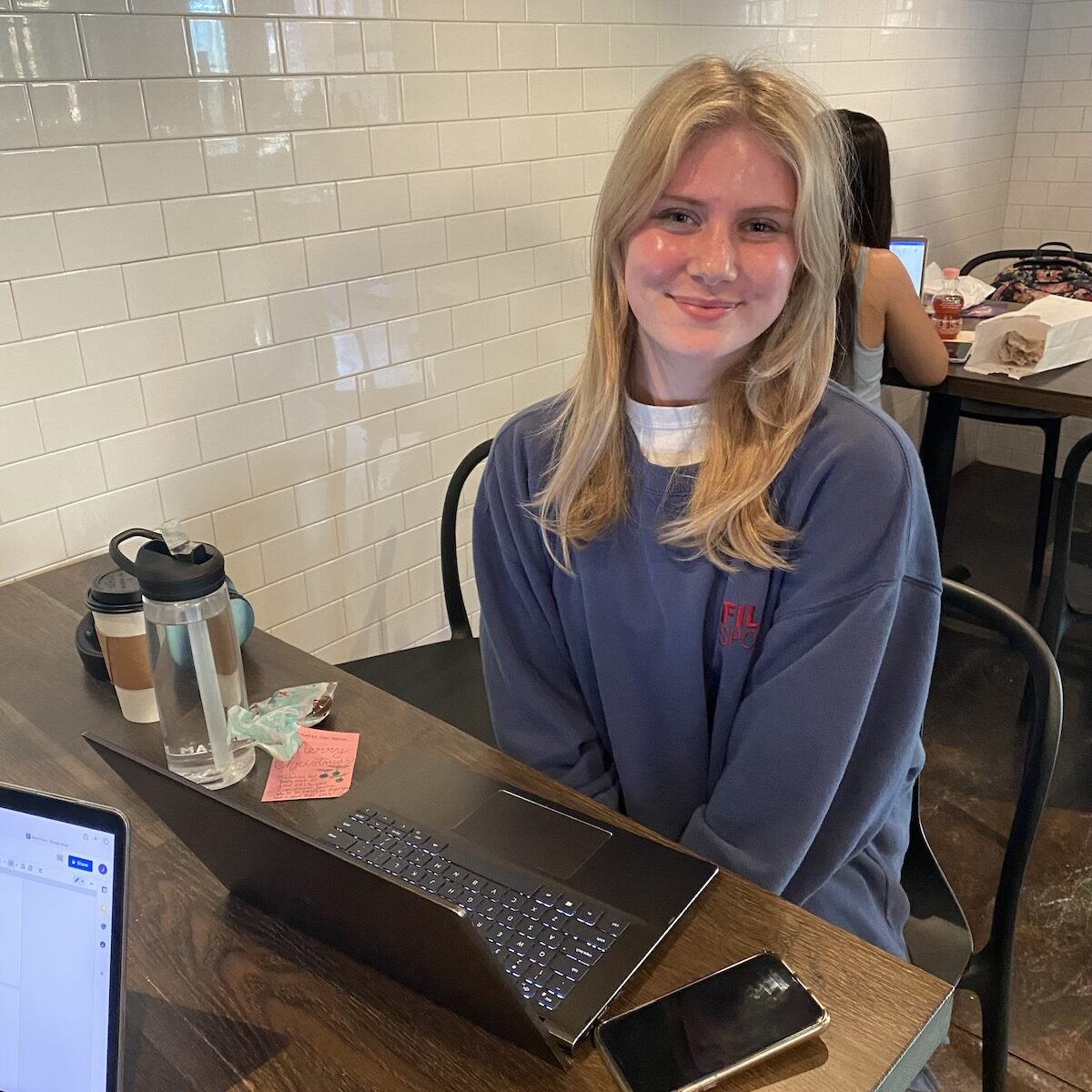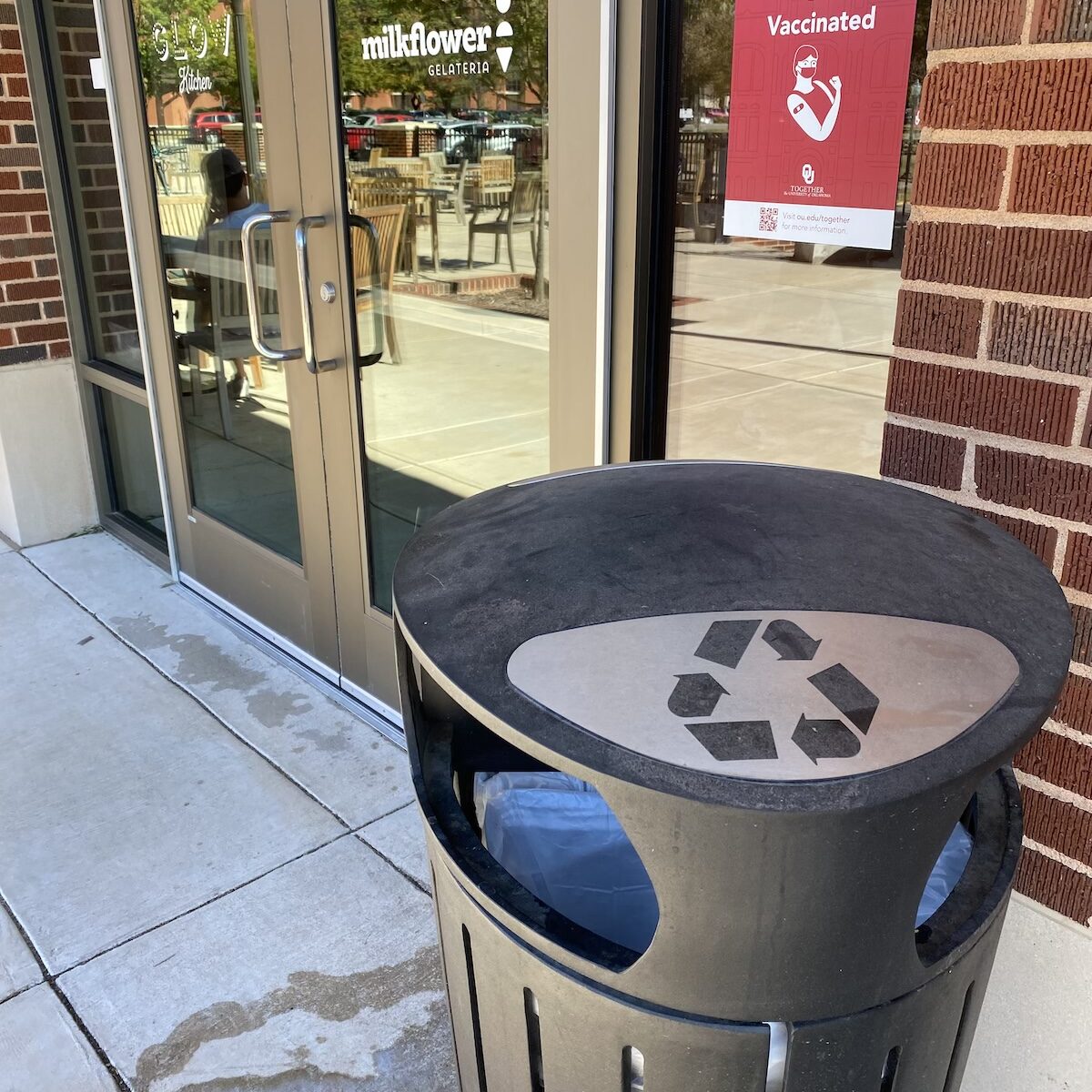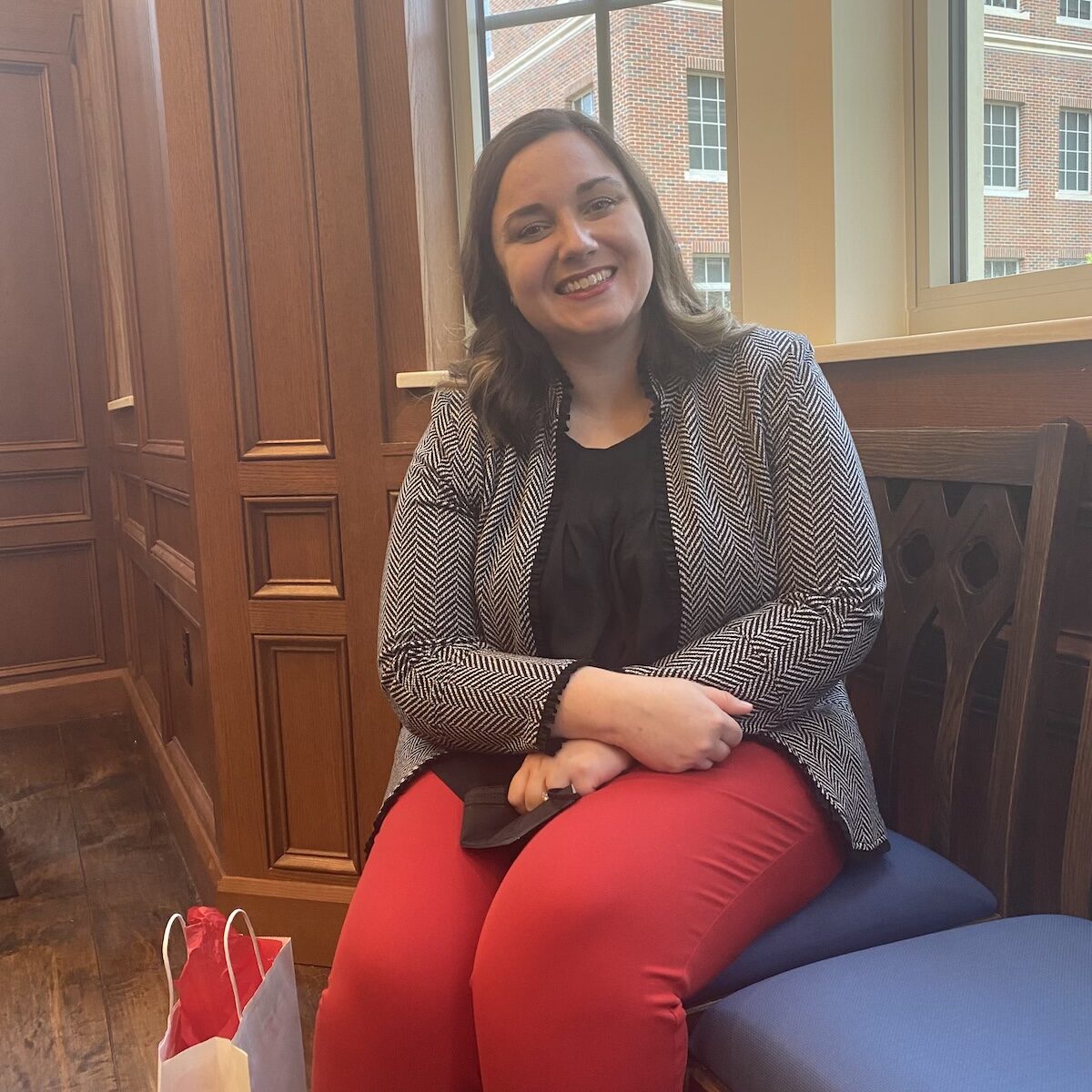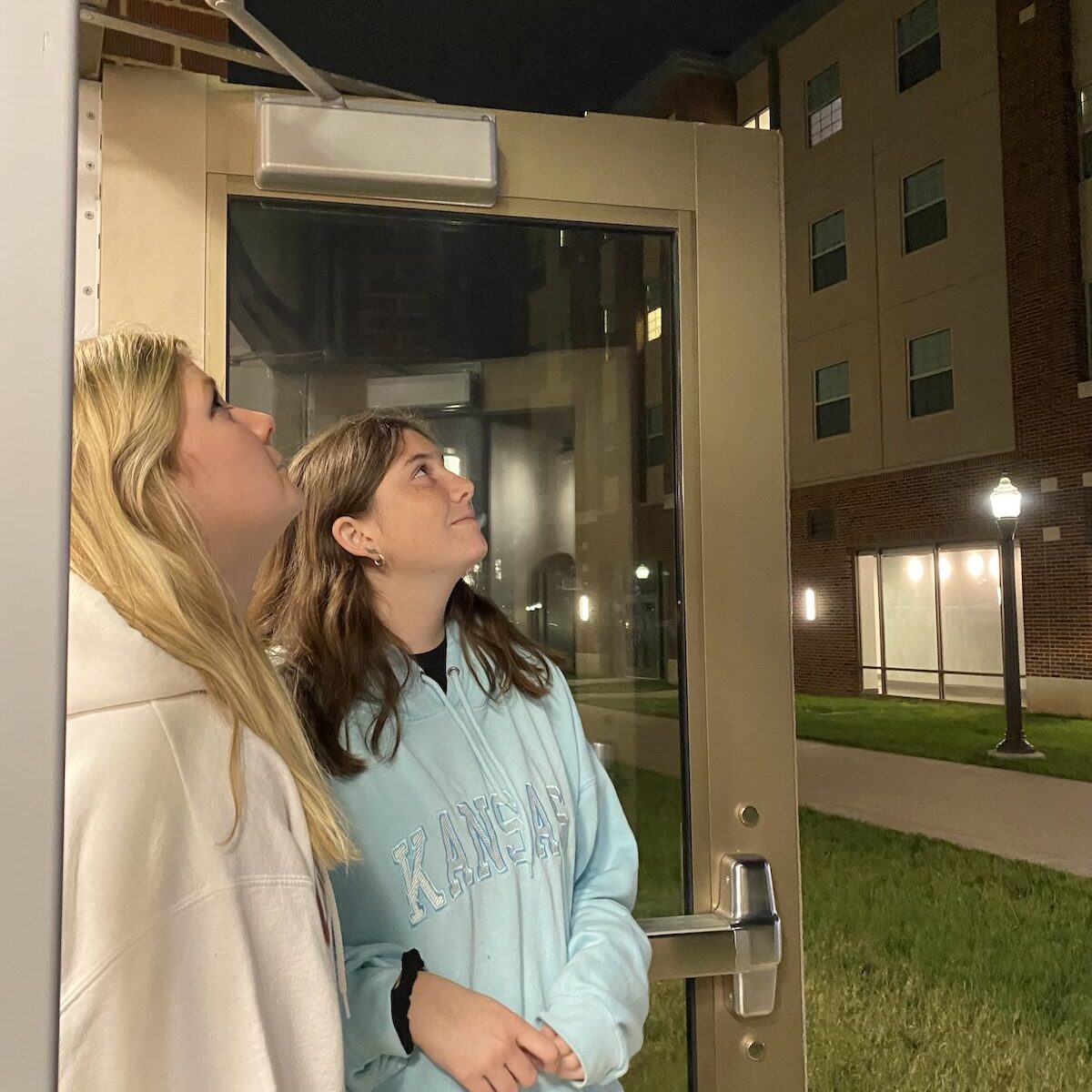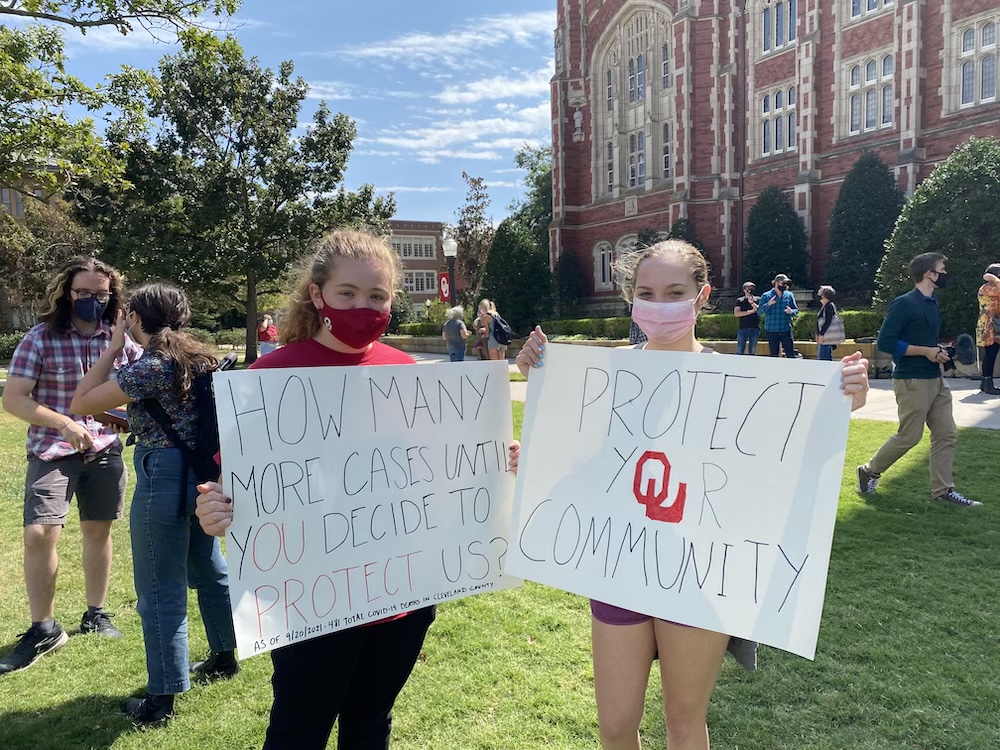An important part of the freshman housing experience is made possible by resident assistants. As my peers and I are beginning to look at housing options for our sophomore year, many are choosing to apply for positions as RAs. Today I talked to Kaitlyn Reichenberger, my RA for freshman year.
Kaitlyn is a sophomore from Dallas, Texas. Her life on campus includes studying psychology, organizing Campus Activities Council’s Film Series, and working as an RA in Cross. As with many students, becoming an RA was a good option for Kaitlyn to pay for housing.
“I was working as a room and board student,” Kaitlyn explained, recounting her freshman experience. “I worked in Headington Hall, and I hated it.”
Becoming an RA was a better option than working a scheduled job in housing and food.
Kaitlyn’s interactions with her RA as a freshman also contributed to her decision.
“I had a good relationship with my RA,” she said. “I learned how to do my job and not be up in everyone’s business.”
Katilyn felt equipped for the position thanks to some of her other freshman experiences as well.
“Just dealing with a lot of issues,” she said. “My roommate complained to me, and I would be like, ‘oh, you should do this’.”
The position matches up with her personality, too.
A self-described “helper”, Katilyn loves her role as an RA.
“I take care of people. I’m a big sister. My siblings, I’m like their mother, and it’s fun to have that here too.”
Kaitlyn is happy living without a roommate. She likes having her own space. The people on our floor make her job more enjoyable as well.
“Our floor is the calmest floor in Cross,” she reported.
One downside to the job is dealing with parents.
“I get calls at the desk all the time from parents.”
Sometimes this is over things as small as a mom worrying that it’s already eleven o’clock in the morning and her son still hasn’t texted her back.
“Either that or having to deal with loud people,” Kaitlyn added. Luckily that does not happen too often on our floor.
Another fulfilling part of the job is the connections Kaitlyn has made with other RAs.
“There’s some people in Cross staff that I have a great relationship with…it’s nice having friends that you work with.”
The girls on Cross 4A are definitely lucky to have such a friendly upperclassman looking out for us!
